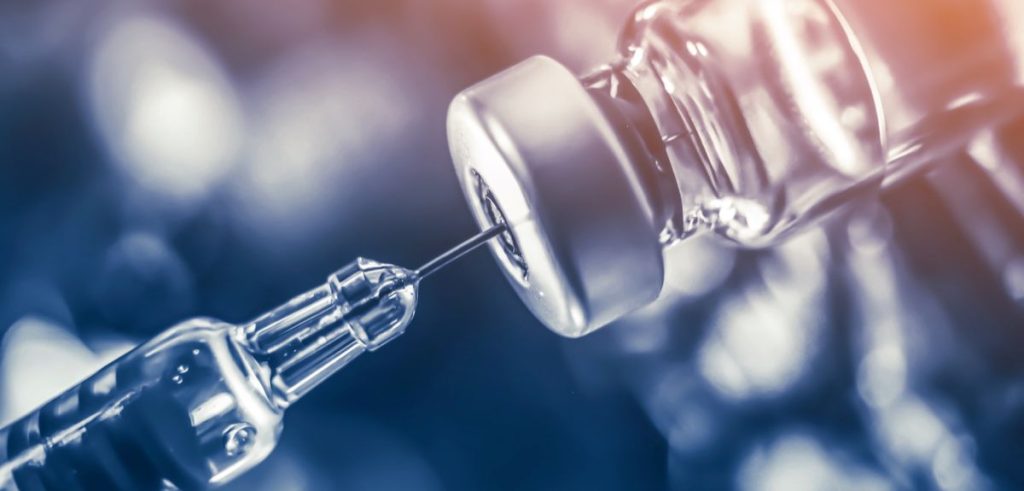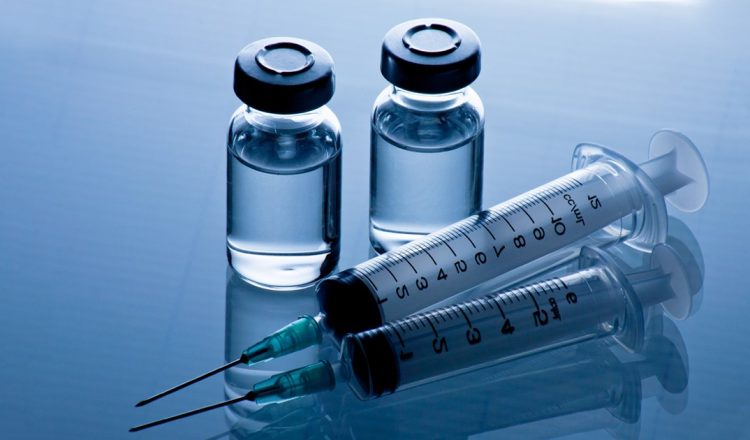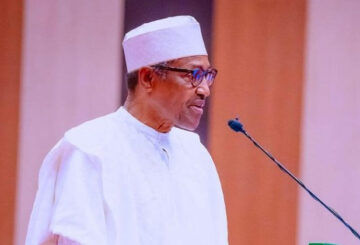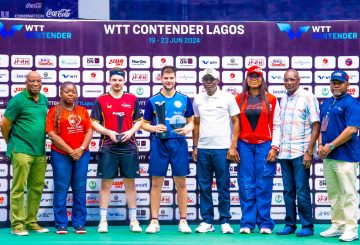The World Health Organization (WHO) has officially prequalified TAK-003 as a new vaccine for dengue fever, as announced in a press release on Wednesday. This decision comes amidst a notable increase in mosquito-borne viral infections across Africa, Asia, and the Americas.

Dengue, characterized by severe flu-like symptoms, is transmitted to humans through mosquito bites, putting approximately half of the world’s population at risk, with an estimated 100–400 million infections annually.
In 2023, the WHO Region of the Americas reported the highest number of dengue cases, totaling 4.5 million, with 2300 deaths. Climate change and urbanization are expected to further exacerbate the spread of dengue.
TAK-003, developed by Takeda, is now the second dengue vaccine to receive WHO prequalification, following Dengvaxia (CYD-TDV) by Sanofi Pasteur in December 2015. TAK-003 is a live-attenuated vaccine containing weakened versions of the four serotypes of the dengue virus.
WHO’s rigorous prequalification process ensures the safety and efficacy of vaccines. It recommends TAK-003 for children aged six to 16 years in high-burden areas, to be administered in a two-dose schedule with a three-month interval.
Dr. Rogerio Gaspar, WHO’s Director for Regulation and Prequalification, highlighted the significance of TAK-003’s prequalification, emphasizing its eligibility for procurement by UN agencies like UNICEF and PAHO. He also encouraged more vaccine developers to undergo assessment to broaden global access to dengue vaccines.





